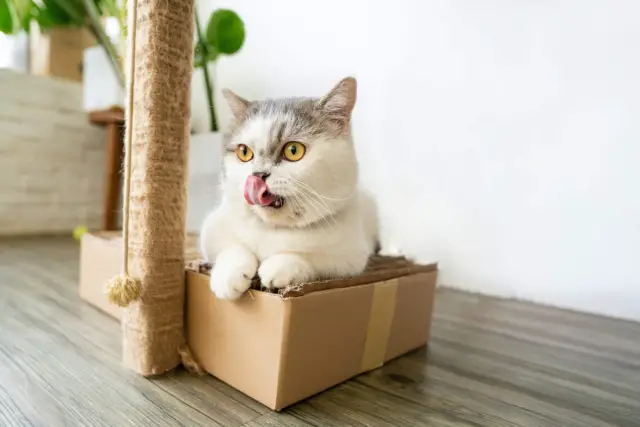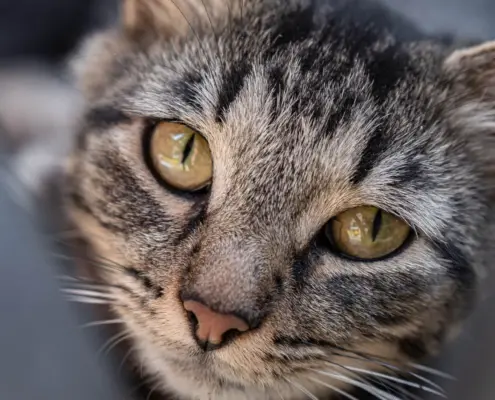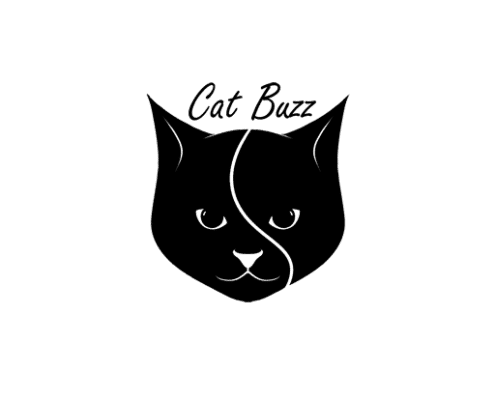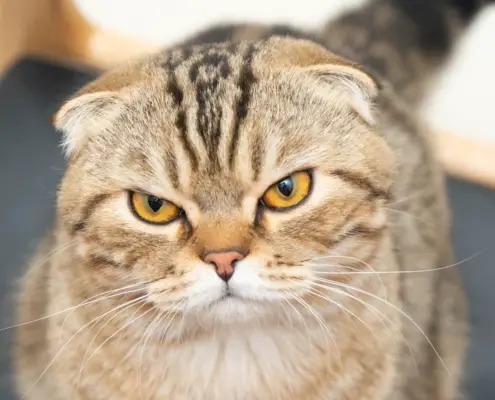Breed Name
Munchkin

The Munchkin cat breed has captured the hearts of cat lovers around the world with its unique appearance and playful personality. These adorable felines are known for their short legs, which give them a distinct and endearing look. In this article, we will delve into the history, physical characteristics, personality traits, health considerations, and care requirements of the Munchkin cat breed. Whether you’re considering adding a Munchkin cat to your family or simply want to learn more about this delightful breed, read on to discover everything you need to know.
History and origin of the Munchkin cat breed
The origin of the Munchkin cat breed can be traced back to the early 1990s when a naturally occurring genetic mutation was discovered in a litter of domestic cats. This mutation, known as achondroplasia, affects the development of the long bones in the legs, resulting in shorter legs than those of a typical cat. The Munchkin cat breed was named after the fictional characters from “The Wizard of Oz” due to their resemblance to the diminutive inhabitants of Munchkinland.
Physical characteristics of Munchkin cats
Munchkin cats are small to medium-sized cats with a sturdy build and short legs. Despite their short stature, they are surprisingly agile and have no difficulty in performing all the usual feline acrobatics. The length of their legs can vary, with some Munchkins having legs that are only slightly shorter than average, while others have legs that are significantly shorter. Their bodies are well-muscled, and their chests are broad. Munchkin cats come in a wide variety of coat colors and patterns, including solid, tabby, tortoiseshell, and pointed. Their eyes are large and expressive, adding to their overall charm.
Personality traits of Munchkin cats
Munchkin cats are known for their friendly and outgoing personalities. They are sociable creatures that enjoy the company of both humans and other animals. Munchkins are often described as being playful and curious, with a mischievous streak. They love to explore their surroundings and are particularly adept at finding hidden nooks and crannies to investigate. Despite their short legs, Munchkins are surprisingly agile and are known for their ability to jump and climb. They are also intelligent cats that enjoy interactive play and puzzle toys.
Health considerations for Munchkin cats
The Munchkin cat breed is generally healthy, but like all cats, they are prone to certain health issues. One of the concerns associated with the Munchkin breed is potential joint and bone problems due to their short legs. Responsible breeders take measures to ensure the health of their Munchkin cats by carefully selecting breeding pairs and conducting regular health screenings. It is important for owners to provide their Munchkin cats with a balanced diet, regular exercise, and routine veterinary care to maintain their overall well-being. As with any cat, early detection of health issues is crucial, so regular check-ups with a veterinarian are recommended.
Caring for a Munchkin cat
Caring for a Munchkin cat is relatively straightforward. They have short coats that require minimal grooming, and weekly brushing is usually sufficient to keep their fur in good condition. Munchkins are generally active cats and should have access to plenty of toys and scratching posts to keep them mentally and physically stimulated. They thrive in environments where they can explore and climb, so providing them with vertical spaces such as cat trees or shelves is beneficial. It is also important to provide them with a balanced diet that meets their nutritional needs and to ensure they have a clean litter box that is easily accessible.
Pros and cons of owning a Munchkin cat
Owning a Munchkin cat comes with its own set of pros and cons. On the positive side, Munchkins are incredibly adorable and their short legs make them unique and eye-catching. They have friendly and playful personalities, making them great companions for individuals and families alike. Munchkins are also relatively low-maintenance in terms of grooming. However, it is important to consider the potential health concerns associated with their short legs. Some people may have concerns about the ethics of breeding cats with this genetic mutation, as it can be seen as promoting a physical characteristic that may have negative consequences for the cat’s health. It is essential to do thorough research and consult with reputable breeders before making the decision to bring a Munchkin cat into your home.
Munchkin cat breeders and adoption options
If you have decided that a Munchkin cat is the right pet for you, it is crucial to find a reputable breeder or consider adoption options. Reputable breeders prioritize the health and well-being of their cats and take steps to ensure responsible breeding practices. They will be knowledgeable about the Munchkin breed and should be able to provide you with information about the lineage and health history of their cats. Adoption is another excellent option, as there are often Munchkin cats in need of loving homes in shelters and rescue organizations. Adopting a cat can be a rewarding experience and provides a second chance for a cat in need.
Is a Munchkin cat the right pet for you?
In conclusion, the Munchkin cat breed is undeniably adorable and has a playful and friendly personality that appeals to many cat lovers. However, it is essential to carefully consider the potential health issues associated with their short legs before deciding to bring a Munchkin cat into your home. Responsible breeding practices and routine veterinary care are crucial for the well-being of these unique felines. Whether you choose to adopt a Munchkin cat or find a reputable breeder, providing a loving and nurturing environment is key to ensuring a happy and healthy life for your Munchkin companion.
If you’re considering adding a Munchkin cat to your family, take the time to research reputable breeders or consider adopting from a shelter or rescue organization. Remember to prioritize the health and well-being of the cat above all else, and provide a loving and stimulating environment for your Munchkin companion.
If you enjoyed my article, I would appreciate you sharing it with your network.

Sima Ndlebe
Sima writes for CatBuzz. He is interested in Cats, Health and Fitness, and Entrepreneurship.
Published: 10 October 2023



